
Home
Publications
Publications
Showing 0 to 0 of 0 results

Statements
2025-03-29T15:58:22
Southeast Asian Lawmakers Demand Indonesia to Halt Police Brutality and Uphold the Right to Protest
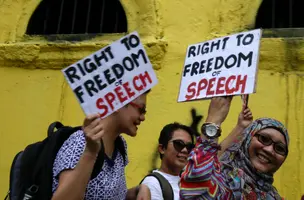
Statements
2025-03-03T16:08:53
APHR Denounces Arrest of Malaysiakini Journalist; Demands Press Freedom
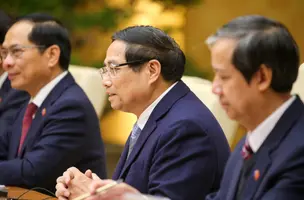
Statements
2025-02-27T12:33:00
Southeast Asian MPs Call on Vietnam to Immediately Release Jailed Journalist Truong Huy San and End Its Assault on Free Expression
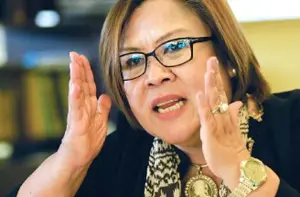
Statements
2019-02-24T07:40:04
ASEAN MPs renew call for immediate release of Philippine Sen. Leila de Lima
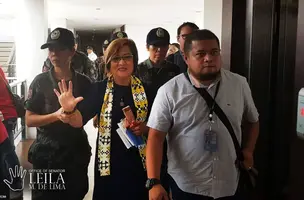
Statements
2018-09-04T07:38:08
APHR expresses solidarity with incarcerated Philippine Senator Leila de Lima on the occasion of her 59th Birthday
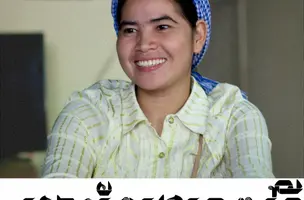
Statements
2018-08-15T07:38:08
Joint Statement: Civil Society Groups Call for the Release of Tep Vanny
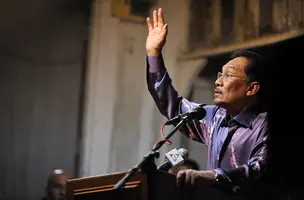
Statements
2018-05-12T07:37:14
ASEAN parliamentarians welcome release of Malaysia’s Anwar Ibrahim
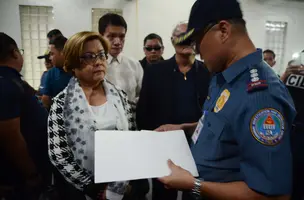
Statements
2018-02-16T07:34:57
ASEAN parliamentarians call for immediate release of Philippine Sen. Leila de Lima on one-year anniversary of detention
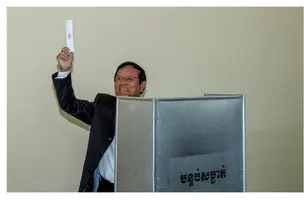
Statements
2017-12-25T07:33:55
158 MPs from 23 countries call for the release of Cambodian opposition leader Kem Sokha
TOP
ASEAN Parliamentarians for Human Rights (APHR) was founded in June 2013 with the objective of promoting democracy and human rights across Southeast Asia. Our founding members include many of the region's most progressive Members of Parliament (MPs), with a proven track record of human rights advocacy work.
Copyright © 2024-2025 All Rights Reserved - ASEAN Parliamentarians for Human Rights (APHR)
Website by Bordermedia